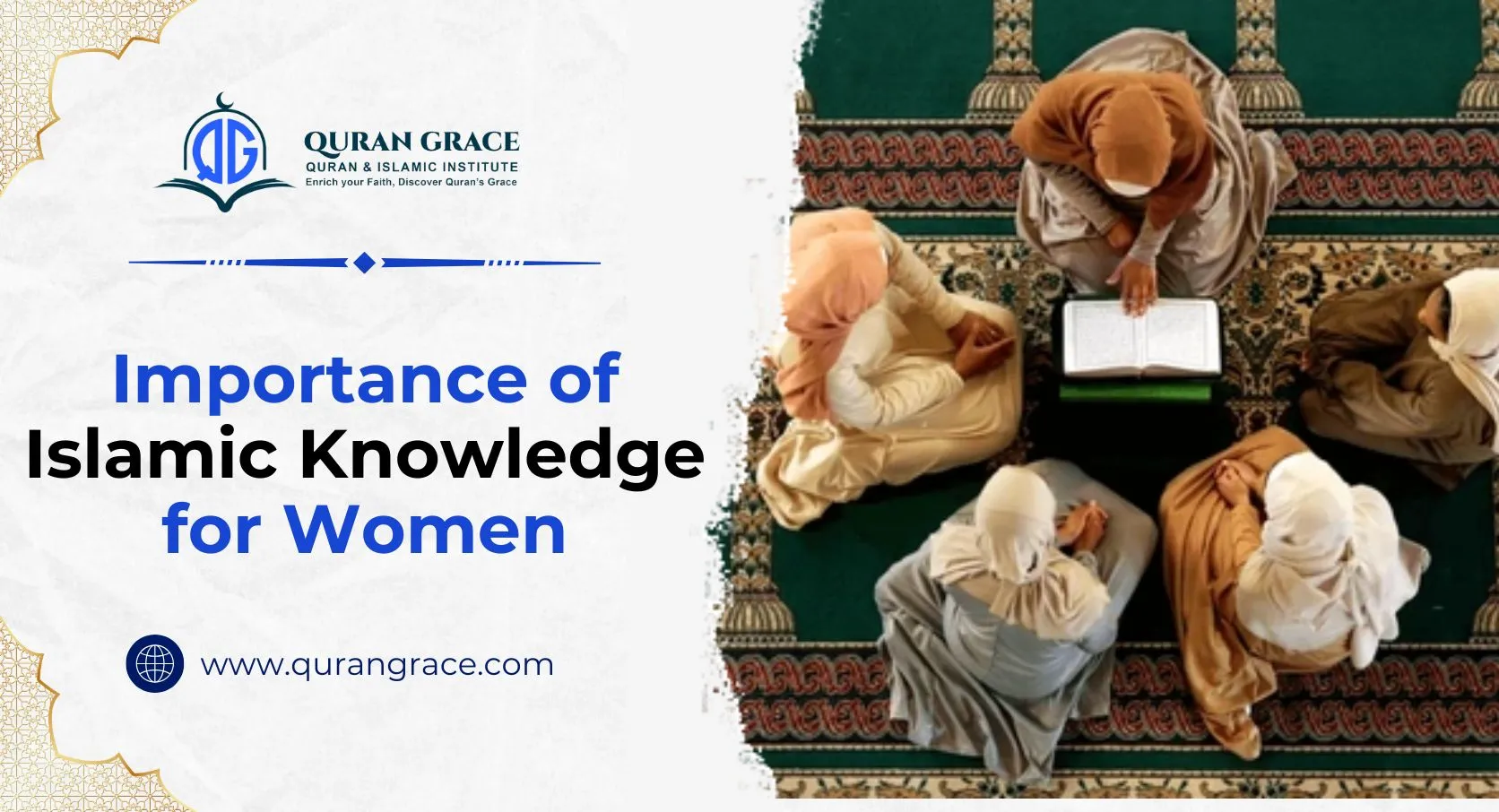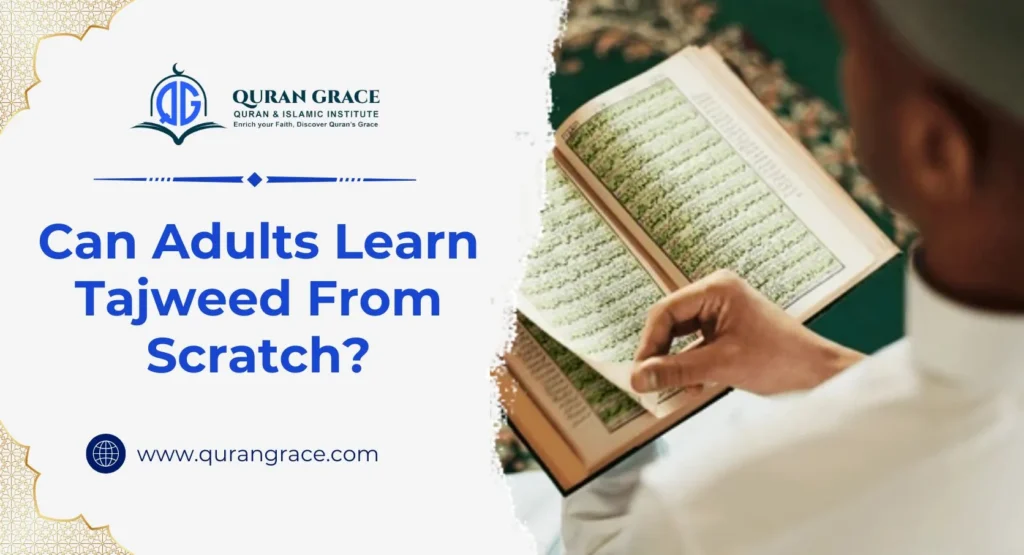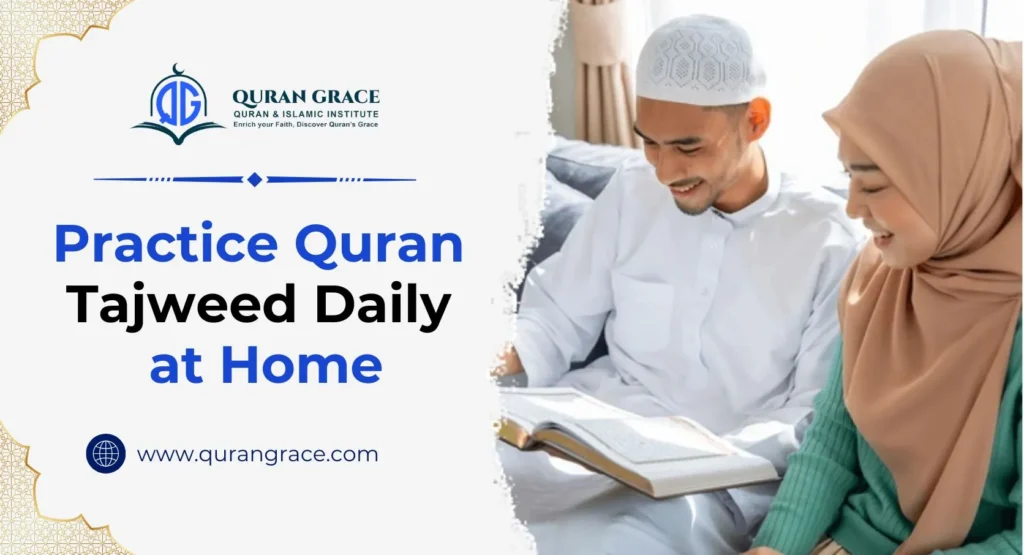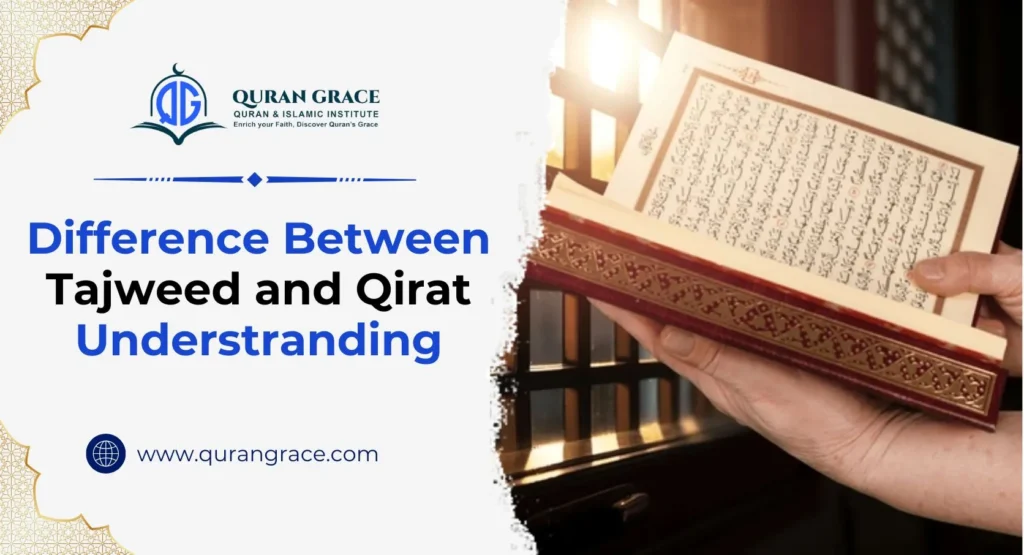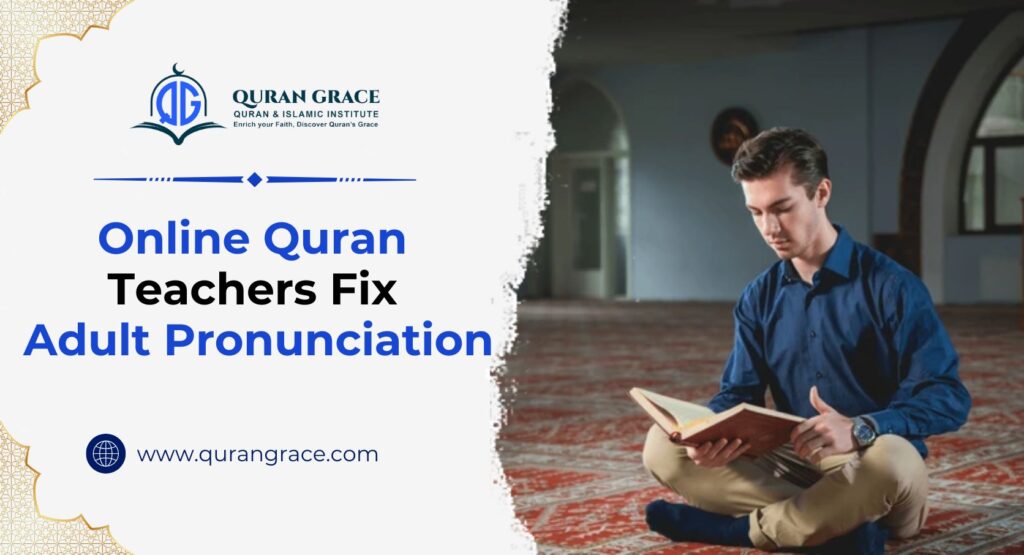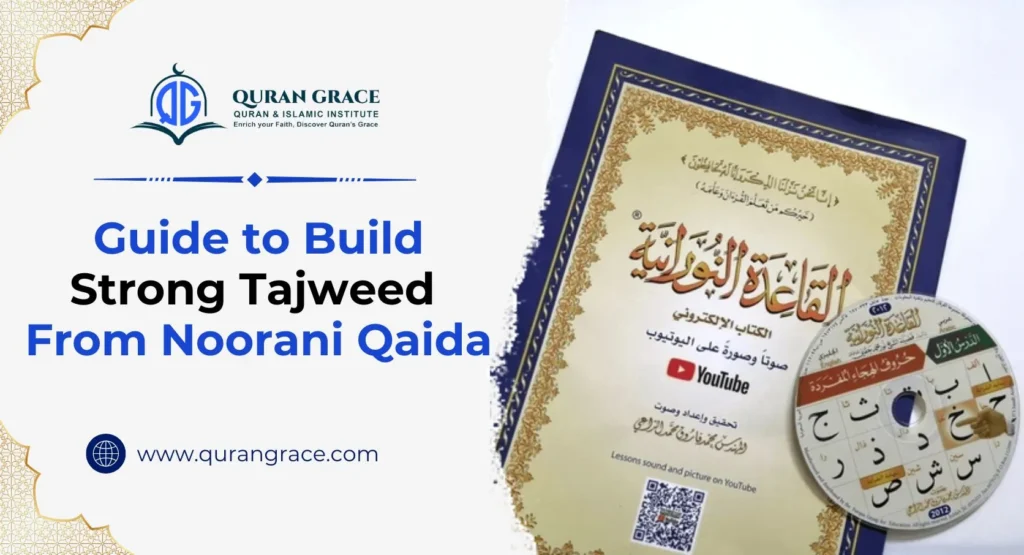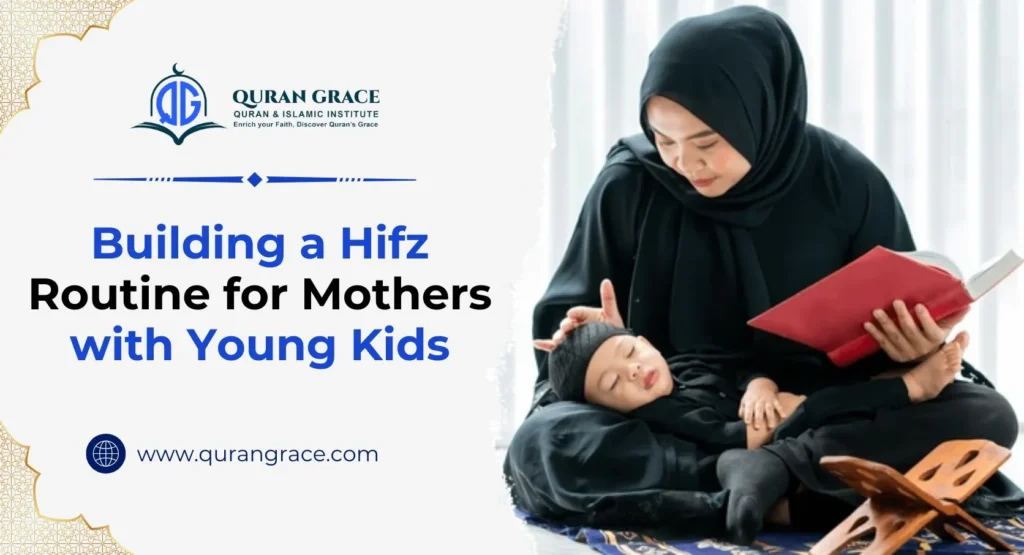In a world of constant change and complex ideas, Islamic knowledge serves as a brilliant source of illumination, particularly for Muslim women. Acquiring this knowledge isn’t just a religious duty; it’s a fundamental pathway to personal, familial, and societal empowerment. Enrolling in an Islamic course for women can provide the right guidance, structure, and inspiration to grow spiritually and intellectually. A deep understanding of Islam offers a comprehensive framework for living a life of purpose, dignity, and true liberation.
Importance of Seeking Islamic Knowledge for Women
1. Achieving Personal and Spiritual Liberation
Islamic knowledge serves as a fundamental guide for a meaningful life, focused on the Creator and the creation.
- Clarity of Existence: Learning the foundational principles of Tawhid (Oneness of God) and ‘Aqeedah (Creed) helps a woman understand her purpose: to worship and serve Allah. This understanding grants a profound sense of peace and direction, acting as a shield against the anxieties and distractions of modern life.
- Direct Connection with Allah: By studying the Quran and Sunnah, women learn the proper methods of worship (‘Ibadah)—prayer (Salat), fasting (Sawm), charity (Zakat), and pilgrimage (Hajj). This direct, unmediated relationship with God is the ultimate source of strength and spiritual independence.
- Ethical Framework: Islamic knowledge outlines a clear ethical and moral code (Akhlaq). Understanding these values—such as patience (Sabr), gratitude (Shukr), honesty, and compassion—equips a woman with the emotional and moral resilience needed to navigate trials and tribulations with grace and faith.
- Rights and Responsibilities: A well-versed Muslim woman knows her divinely ordained rights and responsibilities, ensuring she can stand up for herself with confidence and uphold her duties to her family and community without compromise.
2. Strengthening the Family Unit
The home is often described as the first school, and the mother is its first teacher. Islamic knowledge is crucial for building a stable, loving, and morally grounded family.
Effective Parenting
- Character Building: A mother grounded in Islamic teachings is best placed to instill strong Islamic values and ethics in her children from a young age. She teaches them the Seerah (Prophetic biography), Quranic stories, and the principles of good character, laying the foundation for righteous adulthood.
- Role Model: By demonstrating adherence to Islamic etiquette, respect for elders, and a devotion to worship, a knowledgeable mother becomes a powerful, living example for her children.
Marital Harmony
- Understanding Roles: Studying the rights and responsibilities of spouses in Islam—as detailed in the Quran and Sunnah—allows a woman to contribute effectively to a balanced and harmonious marriage. It clarifies expectations, promotes mutual respect, and provides guidance for resolving conflicts in a manner pleasing to God.
- Preserving the Home: Islamic knowledge offers practical guidance on managing the home, dealing with finances, and fostering an environment of Sakinah (tranquility) and Mawaddah wa Rahmah (love and mercy) within the marriage.
3. Active Contribution to Society
The impact of a knowledgeable Muslim woman extends far beyond the four walls of her home; she is an essential pillar of the wider community.
Combating Misconceptions
- Empowered Advocacy: When a woman possesses a solid understanding of her faith, she is equipped to challenge stereotypes and misinterpretations about Islam, especially those concerning women’s roles. She can articulate the true, liberating spirit of Islam, becoming a powerful advocate for truth and justice.
- Informed Dialogue: This knowledge allows her to engage in meaningful interfaith and societal dialogue, representing her faith with confidence, clarity, and an authentic voice.
Community Leadership and Service
- Informed Action: Historically, Muslim women like A’ishah (RA) were scholars, teachers, and hadith narrators, playing pivotal roles in preserving and transmitting knowledge. Today, a knowledgeable Muslim woman is better prepared to volunteer, lead community initiatives, provide sound advice (Naseehah), and engage in social welfare (Sadaqah) based on authentic principles.
- Guiding the Next Generation: Many women take on roles as Quran teachers, youth mentors, or Islamic studies instructors, directly contributing to the intellectual and moral development of their communities.
4. Safeguarding Against Culture and Tradition
One of the most critical aspects of seeking Islamic knowledge is distinguishing between authentic religious practice and cultural traditions that may contradict or dilute the pure teachings of Islam.
- Discernment: Knowledge empowers a woman to critically evaluate customs and practices (‘Aadat) prevalent in her society. This discernment is vital for rejecting oppressive, un-Islamic traditions that are often falsely attributed to the faith (e.g., certain forms of forced marriage, restrictions not found in the Quran or Sunnah).
- Adhering to the Sunnah: By learning the authentic Sunnah (Prophetic tradition), she safeguards her worship and lifestyle from Bid’ah (religious innovation), ensuring her deeds are acceptable to Allah.
Conclusion
For the Muslim woman, learning Islam is the key that unlocks true fulfillment, genuine empowerment, and lasting success in this life and the next. To learn Islam online, sisters are welcome to join Quran Grace alimah course, where they will learn all the topics in great detail from prestigious Arabia scholars. Avail of your free evaluation class today, and let’s get started now!

